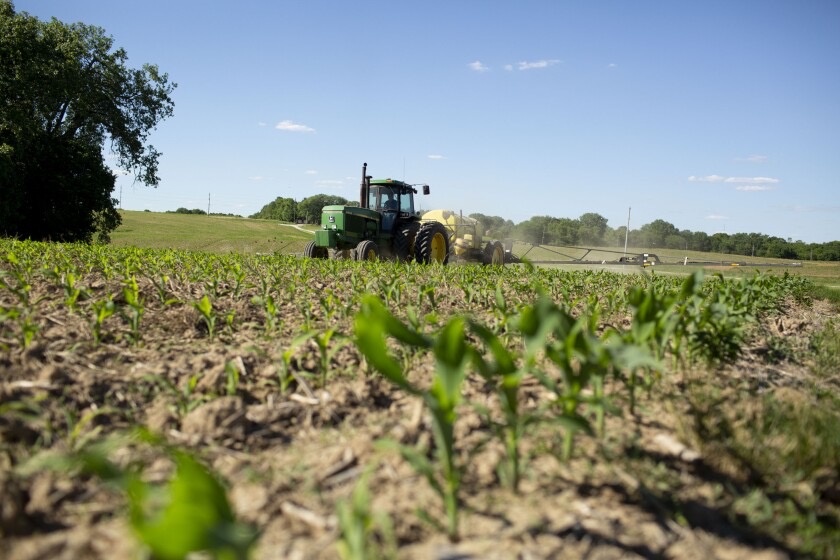Read in
With its vast territory, agricultural production potential capable of feeding a quarter of the world’s population, climatic diversity, freshwater reserves, hydroelectric potential and a regional market of 260 million consumers, the Democratic Republic of Congo enjoys major advantages.
But these assets appear insignificant when it comes to food insecurity affecting 27 million people.
Every year, the country spends billions of dollars on food imports.
In order to initiate a total transformation of the agricultural sector, an economic, social and environmental issue, Kinshasa hosted its 1rst Agribusiness forum.
“Agriculture must not be dealt with in isolation. We need to build an ecosystem around this sector. We need industry, we need energy, we need roads, we need financing… only then we won’t fall into the mistakes of the past. Today, the DRC is losing around 3 billion dollars a year, importing cereals; whereas we are more than capable, with all our potential, of producing, and getting everything we need. We could feed the whole of Africa,” explains José Mpanda Minister of Agriculture.
The government is aiming for a ten-year strategy that involves boosting farmers’ productivity, developing energy and transport infrastructures, improving the sector’s governance framework and strengthening the human capital of the sector’s players.
As for the financial framework, Finance Minister Nicolas Kazadi is stepping up cooperation with all players involved, be they national and international economic operators, entrepreneurs and multinationals, public, private players, technical and financial partners.
Some are already hard at work.
“I’m an enthusiast, I’m a believer of the potential of this country. For obvious reasons: for the nature resources, for its location globally, I think with the next few years, maybe in the next decade, we’re going to see something close to what happened to Brazil twenty years ago: a huge development on agriculture and food distribution,” shares Andrei Mamedi, CEO Manchester Agro Group.
Despite past initiatives, the paradox of food insecurity remains. Making agricultural transformation a priority is therefore a major challenge for the country’s head of state, Félix Tshisekedi.
All the more so as the country faces a decisive election in December.


